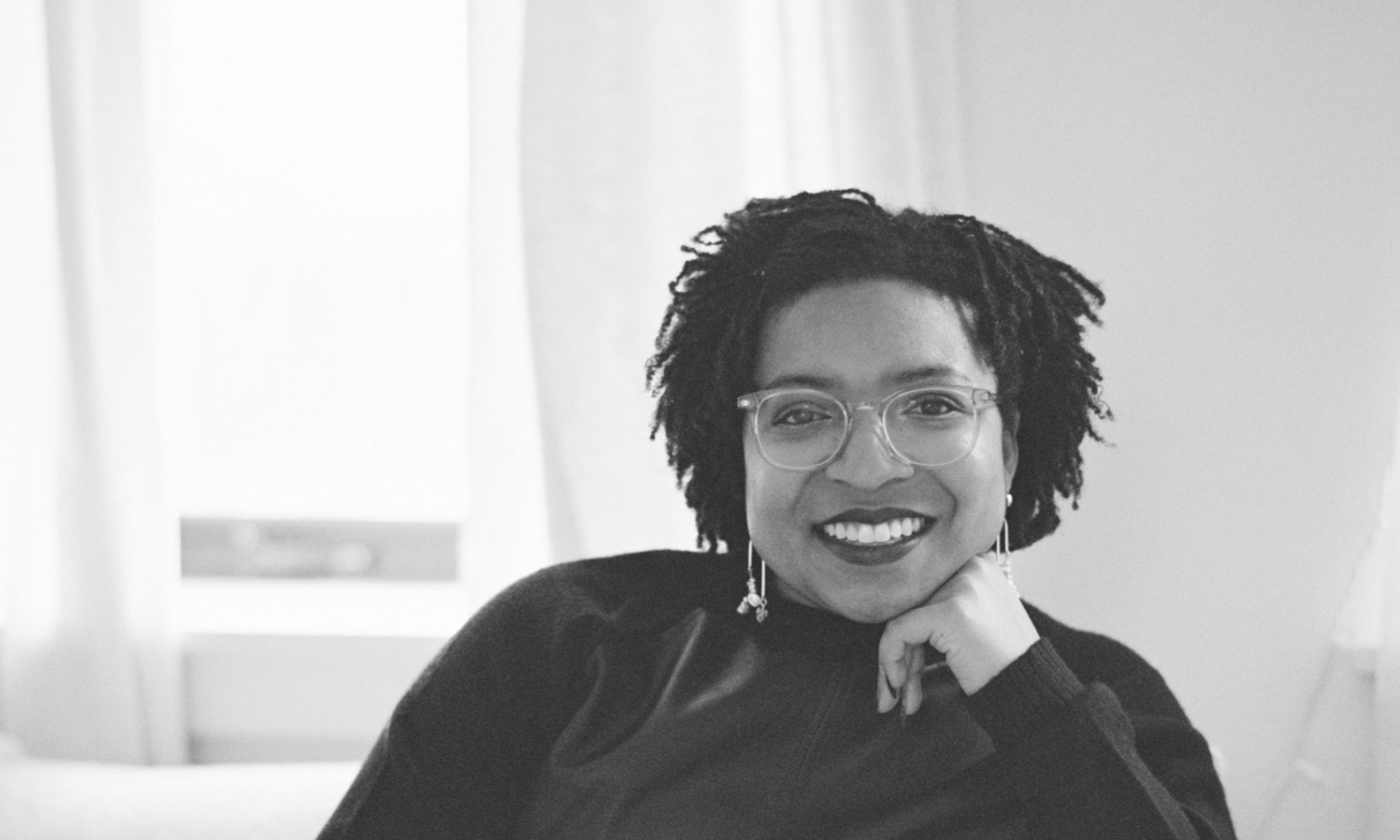“You’re organizing people to be self-sufficient rather than to be dependent upon the charismatic leader…the most important thing was, and still is in my mind, is to develop people to the point that they don’t need the strong, savior-type leader.” – Ella Baker, 1968
“The good news is that racist and anti-racist are not fixed identities. We can be a racist one minute and be an anti-racist the next. What we say about race and what we do about race in each moment determines what, not who we are. I used to be racist most of the time. I am changing. I am no longer identifying with racists by claiming to be not racist. I am no longer speaking through the mask of racial neutrality. I am no longer manipulated by racist ideas to see racial groups as problems. I no longer believe a black person cannot be racist. I am no longer policing my every action around a white or black judge trying to convince white people of my equal humanity; trying to convince black people I am representing the race well.” – Dr. Ibram Kendi from How to Be Anti-Racist.
This past week was devastating. With the killings of Breonna Taylor, Ahmaud Avery, George Floyd and the countless others who we will never know, it seems like white america has finally decided that black people are important to listen to.
Black people have been and will continue to be important to listen to. I worry though, that in an effort to offload the work of critical thinking, white (and black) people will gravitate to a Black Messiah. Someone who tells them exactly what to think so that they don’t have to think for themselves at all and also helps them offload some of the guilt of participating in a racist society for so long which prevented them from listening to and believing in black people in the past. The work that needs to be done cannot be offloaded onto a black messiah. The work is deep, personal and painful reflection on how your behaviors have contributed to (& if you’re white), and benefited from) white supremacist institutions.
